Break Free from Chronic Worry


Dr. Xiaolong Li
Licensed Psychologist
Expertise:
Anxiety, Acceptance & Commitment Therapy, Perfectionism, Bicultural/Immigrant Stress
-
That voice in your head that never stops asking "what if"—what if something goes wrong, what if I'm not good enough, what if, what if, what if—it's exhausting. You've probably tried telling yourself to "just stop worrying" or "think positive," but those worried thoughts keep coming back stronger than ever.
What if there was a different way?
Instead of fighting your anxious thoughts, what if you could learn to let them exist without letting them control your life? This course teaches you exactly how to do that using Acceptance and Commitment Therapy (ACT)—a scientifically-proven approach that's helped thousands of people find freedom from chronic worry.
You'll discover how to:
Recognize when your mind is spinning in worry loops and gently step out of them
Stop wasting energy battling anxious thoughts and redirect that energy toward what actually matters to you
Feel present and grounded, even when your mind wants to race ahead to tomorrow's problems
Take meaningful action in your life, despite uncertainty and fear
This isn't about positive thinking or pretending everything is fine. It's about learning to live fully, even with an anxious mind. You'll get practical tools you can use immediately, whether you're lying awake at 3 AM or sitting in a meeting trying to focus.
-
Learners will understand what worry and generalized anxiety really look like. You'll be able to recognize the difference between normal worry and problematic anxiety patterns, understand how chronic worry affects your body and mind, and identify when worry has moved from helpful to harmful in your daily life.
Learners will grasp the key principles of Acceptance and Commitment Therapy (ACT). You'll learn the six main components that make ACT effective for anxiety management, understand how ACT takes a different approach than traditional methods to handle worry, and see why building psychological flexibility is more helpful than trying to eliminate anxious feelings entirely.
Learners will know 3 ACT techniques to manage their worry and anxiety more effectively. You'll gain specific skills for stepping back from anxious thoughts without getting caught up in them, learn strategies for accepting uncomfortable feelings instead of fighting them, discover how to identify what truly matters to you and let those values guide your actions, and develop a personalized toolkit of ACT practices you can use when anxiety shows up in your daily life.
-
American Psychiatric Association. (2022). Diagnostic and statistical manual of mental disorders (5th ed., text rev.; DSM-5-TR). American Psychiatric Publishing.
Beesdo-Baum, K., Jenjahn, E., Höfler, M., Lueken, U., Becker, E. S., & Hoyer, J. (2012). Avoidance, safety behavior, and reassurance seeking in generalized anxiety disorder. Depression and Anxiety, 29(11), 948-957.
Harris, R. (2009). ACT made simple: An easy-to-read primer on acceptance and commitment therapy. New Harbinger Publications.
Harris, R. (2022). The happiness trap: How to stop struggling and start living (2nd ed.). Shambhala.
Hayes, S. C., Strosahl, K. D., & Wilson, K. G. (2012). Acceptance and commitment therapy: The process and practice of mindful change (2nd ed.). The Guilford Press.
Hirsch, C. R., & Mathews, A. (2012). A cognitive model of pathological worry. Behaviour Research and Therapy, 50(10), 636-646. https://doi.org/10.1016/j.brat.2012.06.007
Settles, R., Morris, B., & Bratkovich, K. (2017). Acceptance and commitment therapy for PTSD group manual. Department of Veterans Affairs South Central MIRECC.
Swain, J., Hancock, K., Hainsworth, C., & Bowman, J. (2013). Acceptance and commitment therapy in the treatment of anxiety: A systematic review. Clinical Psychology Review, 33(8), 965-978.
Walser, R. D., & Hayes, S. C. (2006). Acceptance and commitment therapy in the treatment of posttraumatic stress disorder. In Cognitive-behavioral therapies for trauma (2nd ed., pp. 146-172).

